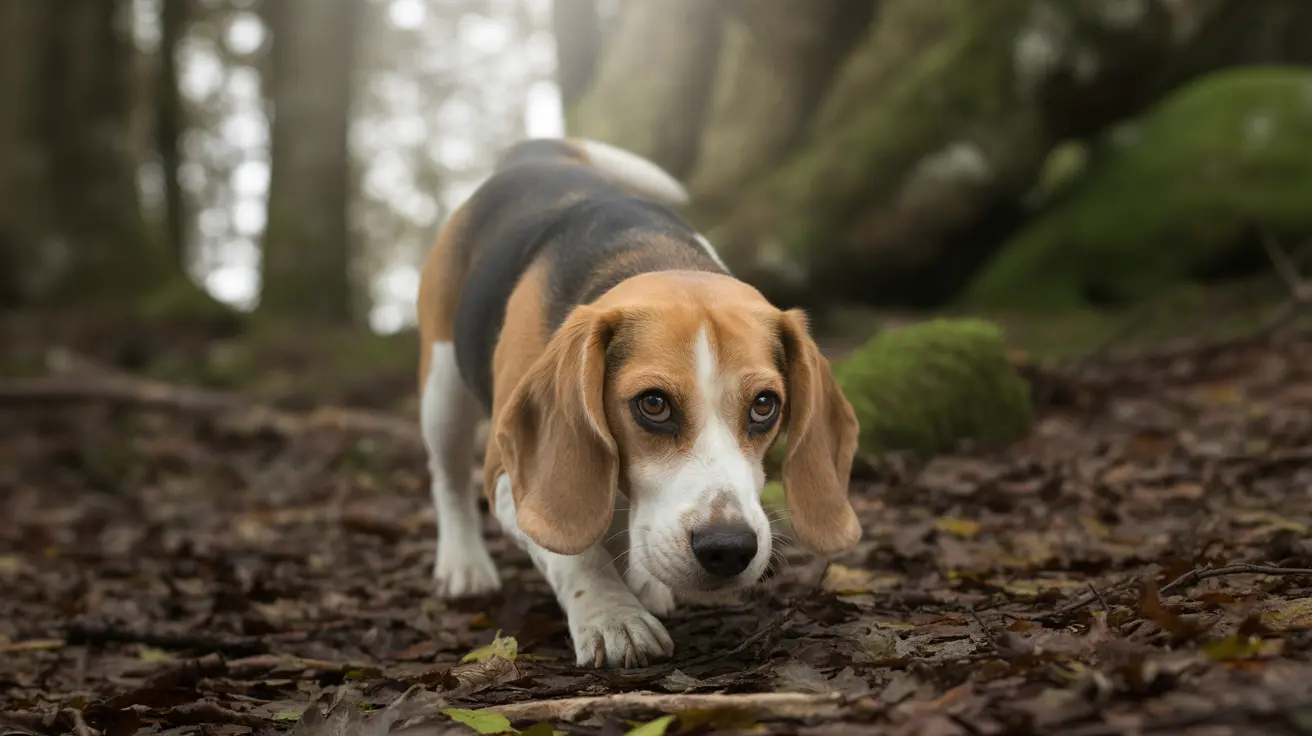When it comes to hunting companions, different types of hunting dogs have been carefully bred over centuries to excel in specific roles. From the keen-nosed scent hounds to the lightning-fast sighthounds, each category brings unique abilities to the hunt. This comprehensive guide will explore the various types of hunting dogs, their specialized skills, and how to choose the right hunting companion for your needs.
Understanding the different categories of hunting dogs is crucial for both hunters and dog enthusiasts. These remarkable animals have evolved alongside humans, developing specialized traits that make them invaluable partners in various hunting scenarios. Let's dive into the major classifications and what makes each type special.
Major Categories of Hunting Dogs
Scent Hounds
Scent hounds like Beagles and Bloodhounds are masters of ground-scenting, using their exceptional noses to track game. These dogs can follow trails for miles and are particularly effective at hunting rabbits, foxes, and other small game. Their distinctive baying voices help hunters track their location during the chase.
Sighthounds
Built for speed and agility, sighthounds such as Greyhounds and Salukis rely on their keen eyesight and incredible burst speed to pursue prey. These elegant hunters can reach speeds over 40 mph, making them ideal for open-terrain hunting where visibility is good.
Gun Dogs
Gun dogs, including retrievers, pointers, and spaniels, work in close partnership with hunters during bird hunting. Labrador Retrievers and Golden Retrievers excel at waterfowl retrieval, while German Shorthaired Pointers and English Setters are masters at locating and pointing upland game birds.
Specialized Hunting Skills and Behaviors
Pointing and Tracking
Pointing breeds like the German Shorthaired Pointer and English Pointer demonstrate an instinctive "freeze" behavior when they detect game birds. This distinctive stance has been refined through selective breeding to aid hunters in locating their quarry.
Flushing and Retrieving
Spaniels and retrievers are experts at flushing game from cover and retrieving downed birds. Their "soft mouth" ability allows them to retrieve game without causing damage, while their water-resistant coats make them excellent swimmers for waterfowl hunting.
Choosing the Right Hunting Dog
Terrain Considerations
Your hunting environment plays a crucial role in breed selection. Waterfowl hunters need dogs with strong swimming abilities and weather-resistant coats, while those hunting in dense brush might prefer more compact, agile breeds.
Game Type Match
Different breeds excel at hunting specific types of game. Consider whether you'll primarily pursue upland birds, waterfowl, small game, or large game when selecting your hunting companion.
Training and Care Requirements
Hunting dogs require extensive training and conditioning to reach their full potential. Regular exercise, mental stimulation, and proper nutrition are essential for maintaining their hunting abilities. Many breeds benefit from starting training as puppies to develop their natural instincts and build strong working relationships with their handlers.
Frequently Asked Questions
What are the main types of hunting dogs and how do their hunting styles differ?
The main types include scent hounds (tracking by smell), sighthounds (pursuing by sight), gun dogs (bird hunting and retrieving), and terriers (pursuing small game). Each type has evolved specific hunting styles matching their prey and terrain.
Which hunting dog breeds are best suited for waterfowl hunting and retrieving?
Labrador Retrievers, Golden Retrievers, and Chesapeake Bay Retrievers excel at waterfowl hunting due to their water-resistant coats, swimming ability, and natural retrieving instincts.
How do scent hounds and sighthounds use their senses differently in hunting?
Scent hounds primarily use their superior sense of smell to track game over long distances, while sighthounds rely on exceptional vision and speed to spot and chase prey in open areas.
What factors should I consider when choosing the right hunting dog breed for my terrain and game?
Consider the type of game you'll hunt, your hunting environment, climate conditions, and your own experience level. Also factor in the breed's exercise needs, trainability, and whether it will be a family pet outside of hunting season.
Can hunting dogs make good family pets, and what special care do they need outside of hunting?
Yes, many hunting dogs make excellent family pets, but they require substantial exercise, mental stimulation, and training to stay happy and well-behaved. Regular activities that engage their hunting instincts, such as retrieval games and scent work, are beneficial.






